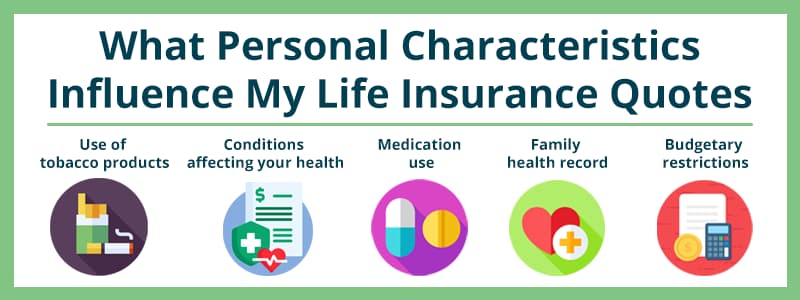Life insurance, in essence, is a contract between you – as the insured – and a life insurance provider.
A coverage amount is paid to your beneficiaries by the insurer in exchange for a life insurance premium you pay if you pass away within the coverage period. You will deliver the face value of the life insurance policy to your beneficiary, the person or people you choose to receive the cash, following your passing, assuming the policy is still active.
The sum due to the beneficiary or beneficiaries at the time of the loss is known as the face amount, sometimes known as a death benefit. Your coverage will either be guaranteed for your lifetime or stop at the conclusion of the policy term you have chosen, depending on your policy type.
What coverage of insurance do you need?
You are not alone if you ask yourself, “How much life insurance do I need?”. One of the initial steps in acquiring a policy is choosing the level of coverage to obtain, but there is no simple solution. How much debt you have, what you want your death benefit to pay for your loved ones, and if you wish to leave a financial present to a beneficiary or a charity will all affect how much coverage you need.
A life insurance calculator is one tool you can use to determine how much coverage to purchase. Consider several variables, including your current debt level, funeral costs, the number of years of income you want to provide for a spouse or other loved one, and whether you have children. If you wish to leave behind a one-time financial gift, a calculator can help you determine how much coverage you need. Working with an agent might be beneficial if you are still unclear about how much insurance to get.
What personal characteristics influence my life insurance quotes?
Multiple facets of your life are considered when calculating your rate for life insurance. For instance, age is one of the most critical rating elements for life insurance and may impact the kind of coverage you purchase. For example, seniors typically pay extra for life insurance since it is more likely that they will die before the policy’s term is over. Other lifestyle elements that influence your life insurance quotes and prices exist even though you are unable to change your age:

- Use of tobacco products: If you smoke or chew tobacco, your life insurance premiums may be higher than those of a non-smoker. Smoking raises mortality risk, which results in higher life insurance premiums from insurance companies.
- Conditions affecting your health: Your insurance premiums may increase if you have serious health issues. Pre-existing diseases can result in higher premiums, including high blood pressure, cancer, heart disease, lupus, diabetes, lung disease, and liver cirrhosis. No-medical-exam coverage might be a viable alternative if you are a very high-risk candidate receiving life insurance quotes. However, you should be aware that these policies are more expensive.
- Medication use: If a severe medical condition is well-managed, eligibility and premiums may not be significantly impacted. As you apply for coverage, have a comprehensive list of all of your prescription and over-the-counter medications on hand for reference. Most likely, the insurance provider will want to know how much of the drug you are taking, how frequently, and for how long.
- Family health record: Most insurers also want to learn a little about your family’s medical history. It may be more probable for you to acquire heart disease, high cholesterol, or other serious health issues if your family has a history of these problems.
- Budgetary restrictions: The amount of life insurance you can get may depend on your budget. Although yearly premium payments may help you avoid installment costs, not everyone will have the money to do so. Talking with the agent about your payment alternatives during the quote process may help you determine what will work best for your circumstances.
What is the cost of a life insurance policy?
The price of a life insurance policy is influenced by many variables, including your age, health, lifestyle decisions, and the quantity of coverage you require to achieve your financial objectives. The less you are likely to pay for life insurance, the longer your life expectancy is and the fewer risky activities you engage in.
Your cost is also impacted by the type of policy you select. Since term insurance only covers a specific period and provides fewer benefits than other policy types, they are typically less expensive. The cost is not the only thing to consider when purchasing life insurance. You might decide that the higher expense of a permanent policy is justified given the increased coverage.
When determining how much coverage you require, i.e., how much you will pay for life insurance, it is a good idea to:
- Add up all the costs you want to pay, such as a mortgage, education costs for your kids, and income replacement for your job.
- Subtract the above from your family’s total in savings and life insurance that they could use to pay for such costs. If you think your spouse will need their retirement funds later, do not include them.
The outcome is the amount of life insurance you require. It may appear to be excessive, primarily if you have accounted for income replacement for several years. Still, since life insurance quotations are free, estimating the coverage you require does not harm.
If it becomes expensive, you can close a deal now on what you can to lock in a decent rate. Then, at a later stage, you can agree to increase your coverage, but keep in mind that your rate will be determined by your age and any health conditions you have established several years from now.







